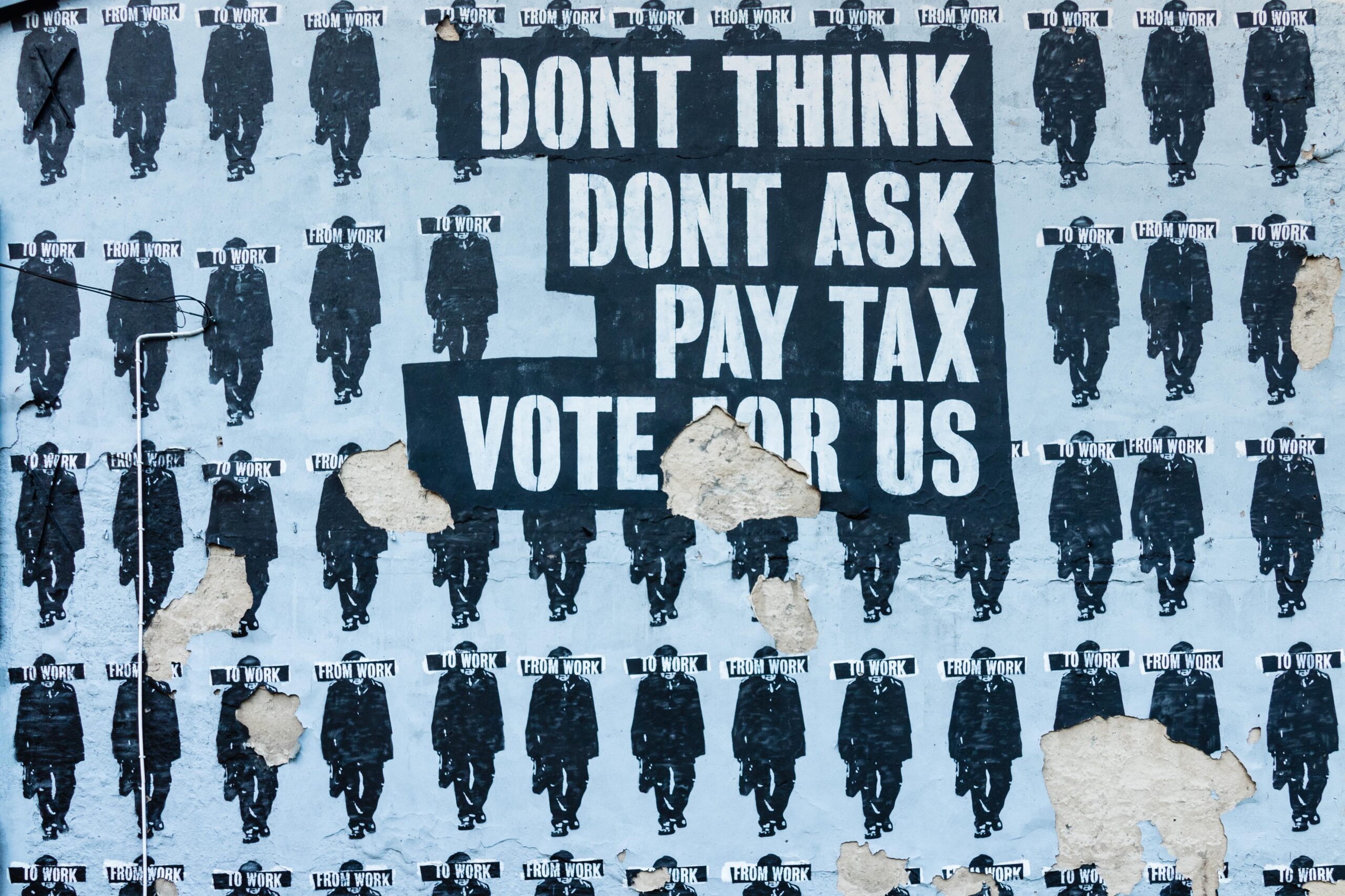How do external economic shocks influence domestic politics? We argue that those materially exposed to the shock will display systematic differences in policy preferences and voting behavior compared to the unexposed, and political parties can exploit these circumstances. Empirically, we take advantage of the 2015 surprise revaluation of the Swiss franc to identify the Polish citizens with direct economic exposure to this exogenous event. Using an original survey fielded prior to the 2015 elections and an embedded survey experiment, we show that exposed individuals were more likely to demand government support and more likely to desert the government and vote for the largest opposition party, which was able to use the shock to expand its electoral coalition without alienating its core voters. Our article clarifies the connection between international shocks, voters’ policy preferences, partisan policy responses, and, ultimately, voting decisions.

Pola, Katowice, Poland
The Political Consequences of External Economic Shocks: Evidence from Poland
- Post author:sdgpi
- Post published:Feb 13, 2020
- Post category:Research / SDG 16 / SDG 8 / Sustainable Development Goals




